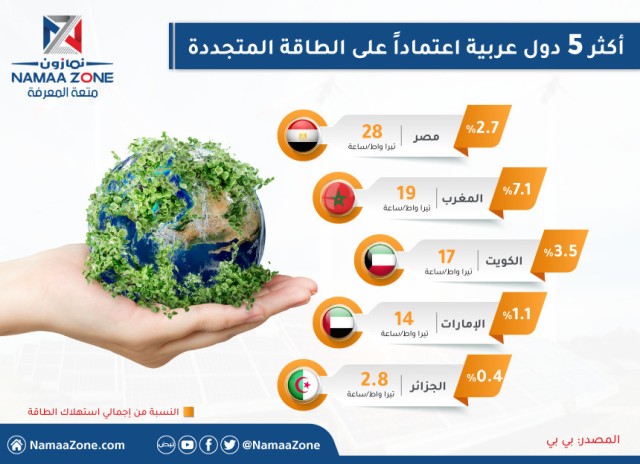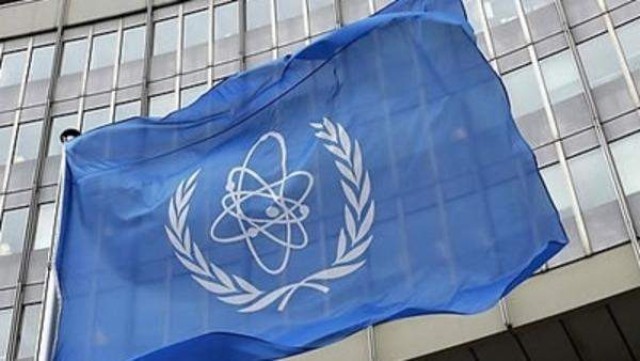A recent study conducted at the University of Oxford, Britain, said that the shift towards clean energy by 2050 could save the global economy more than $12 trillion.
According to Arabiya Net, the study expected that this would be achieved within a shorter period than previously expected, thanks to the rapid development of alternative energy production technologies; According to the Daily Mail report.
The Oxford University study concluded that a rapid transition to clean energy leads to lower energy system costs, while providing more energy to the global economy, and this would help expand energy access to more people around the world and save trillions of dollars.
The study says that if the world adopts the scenario of a rapid transition to a clean energy system by 2050, this will provide 55% of energy services worldwide.
The researchers say this will be achieved through ramping up solar and wind energy, batteries, electric vehicles and clean fuels such as green hydrogen.
Previous studies have argued that achieving net-zero carbon emissions by 2050 is impossible without some disruption to global economies, the Daily Mail says.
Former British Prime Minister Boris Johnson committed to achieving net zero carbon emissions by 2050, a target that could cost £1.4 trillion.
The new study also indicates that decarbonization will not be as costly as some had thought.
Lead author Dr Robert Way, a postdoctoral researcher at Oxford University's Smith School for Enterprise and the Environment, said: Previous models, which have predicted high costs for the transition to zero-carbon energy, have prevented companies from investing and made governments nervous about developing policies that would speed up the energy transition and reduce dependence on carbon emissions. fossil fuels, but the costs of clean energy have fallen sharply over the past decade and much faster than those models predicted.
He said the new research shows that scaling up key green technologies will continue to drive costs down, and the faster we go, the more we will save.
He added, Accelerating the transition to renewable energy is now the best bet not only for the planet, but for energy costs as well.
The researchers analyzed thousands of transition cost scenarios produced by major energy models and used data on 45 years of solar energy costs, 37 years of wind energy costs and 25 years of battery storage.
They found that the true cost of solar energy fell at twice the fastest rate of the most ambitious projections in these models, and revealed that over the past 20 years, previous models have poorly overestimated the future costs of key clean energy technologies against reality.
Professor Duane Farmer, who leads the study at Oxford University, said: There is a widespread misconception that the transition to clean and green energy will be painful, costly and sacrifices for all of us, but this is just a mistake.








































